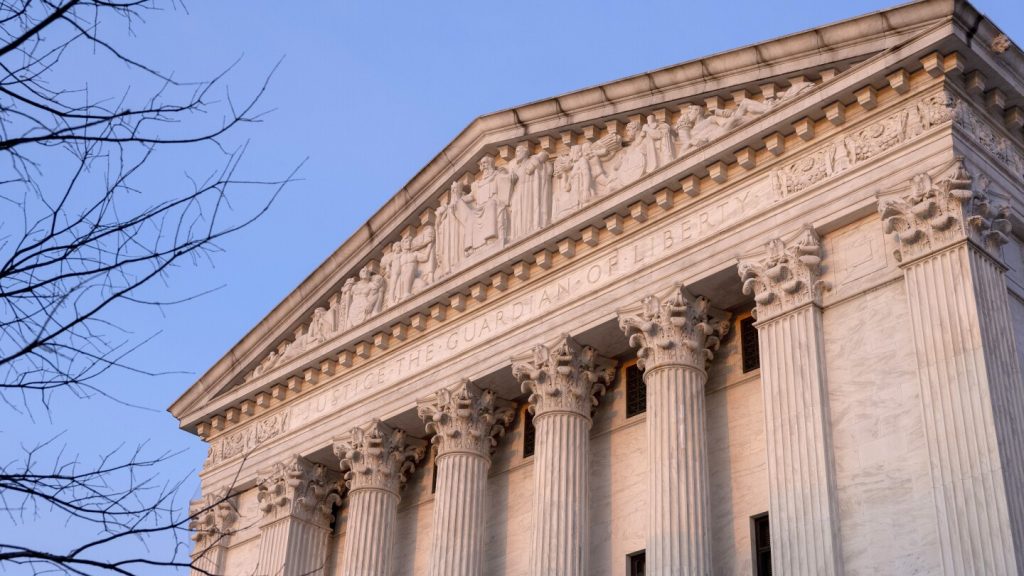The Supreme Court ruled in favor of James Rudisill, a veteran of the wars in Afghanistan and Iraq, in a dispute with the Department of Veterans Affairs over his G.I. Bill educational benefits. Rudisill, a retired Army captain now working as an FBI agent, was denied an additional year of benefits that he believed he was entitled to under the G.I. Bill due to serving both before and after the Sept. 11, 2001 attack. This decision forced Rudisill to give up his plan to attend Yale Divinity School, become an Episcopal priest, and reenter the Army as a chaplain.
The court’s 7-2 decision found that the Department of Veterans Affairs had improperly calculated Rudisill’s educational benefits. The G.I. Bill provides veterans with 36 months of benefits, with a 48-month cap, and Rudisill believed he had 10 months remaining under the old program and one year under the new system. However, the VA denied him the additional year, leading to the legal battle that ultimately ended in the Supreme Court’s ruling in his favor. This decision could have implications for other veterans in similar situations.
Rudisill’s lawyers argued that the Supreme Court’s decision could impact approximately 1.7 million veterans, but the Department of Veterans Affairs disputed this number, stating that they had not identified any other cases presenting the same issue. The VA claimed that the number of veterans affected is not as high as 1.7 million, but did not provide a specific figure. Regardless, the ruling in Rudisill’s case sets a precedent that could potentially benefit other veterans who find themselves in similar disputes over their G.I. Bill benefits.
This case highlights the importance of ensuring that veterans receive the benefits they are entitled to under the G.I. Bill, especially those who have served in multiple periods and under different versions of the program. The Supreme Court’s decision in favor of Rudisill serves as a victory for veterans who may face challenges in accessing their educational benefits due to administrative discrepancies or errors in calculation. It also underscores the need for clarity and consistency in the administration of veterans’ benefits to prevent similar disputes from arising in the future.
As a decorated veteran who has served his country with honor, Rudisill’s case resonated with many in the veteran community and beyond. The support he received in his fight for his G.I. Bill benefits reflects the widespread recognition of the sacrifices and contributions made by veterans like him. The Supreme Court’s ruling not only rectifies a specific injustice faced by Rudisill but also upholds the principle of honoring and supporting those who have served in the military, ensuring that they receive the benefits they deserve for their service.
Moving forward, the Department of Veterans Affairs may need to review its policies and procedures for calculating G.I. Bill benefits to prevent similar errors or discrepancies from occurring in the future. By ensuring that veterans are provided with accurate and timely information about their benefits, the VA can help prevent misunderstandings and disputes like the one experienced by Rudisill. The Supreme Court’s decision serves as a reminder of the importance of upholding the promises made to veterans through programs like the G.I. Bill and ensuring that they receive the support and resources they need to succeed in civilian life after their military service.


